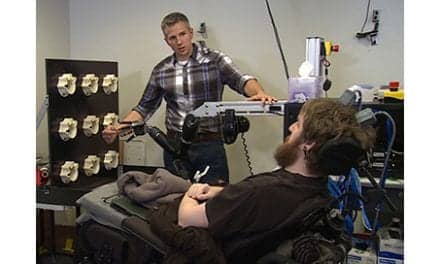Last Updated: 2007-12-12 15:23:11 -0400 (Reuters Health)
NEW YORK (Reuters Health) – A system-level, home-based program designed for the care of low-income geriatric patients improved quality of care and enhanced health-related quality of life (HRQOL) during a 2-year randomized controlled trial, researchers report.
In the Journal of the American Medical Association for December 12, Dr. Steven R. Counsell, at the Indiana University School of Medicine in Indianapolis, and his associates report on the effectiveness of the Geriatric Resources for Assessment and Care of Elders (GRACE) model of primary care.
Unlike other similar programs, "the GRACE intervention is fully integrated within the primary care practice," Dr. Counsell’s group explains.
Individual care programs were developed by teams of geriatricians, pharmacists, physical therapists, and mental health social workers. Nurse practitioners and social workers provided in-home assessment and care management, using specific protocols for conditions such as chronic pain, difficulty walking, depression, and dementia.
The trial participants were adults 65 years old and older (mean 72 years) with an annual income less than 200% of the federal poverty level. Included were 474 patients treated by primary care physicians randomly assigned to the GRACE intervention and 477 patients treated by physicians randomized to provide usual care.
Medical records analysis revealed better adherence to quality indicators for preventive care, continuity of care, medication use, and end-of-life care in the GRACE group, and the cumulative 2-year rate of emergency department visits was significantly lower.
There were also significant improvements in the GRACE group in four of eight scales of the Medical Outcomes 36-Item Short Form (general health, vitality, social functioning, and mental health) and in the SF-36 Mental Components Summary.
However, physical function, mortality rates, and number of hospitalizations did not differ significantly between groups.
In an editorial, Dr. David B. Reuben, from the University of California, Los Angeles, comments that "the noted differences between groups…provide optimism that there will be more striking health dividends" with similar programs of longer duration.
"Unfortunately," he adds, "most of the services provided by the GRACE intervention are not reimbursed under current fee-for-service payment systems."
"Nevertheless, as health care reform gathers momentum, there may be hope for payment changes that facilitate better health care of older persons."
JAMA 2007;298:2623-2633,2673-2674.




